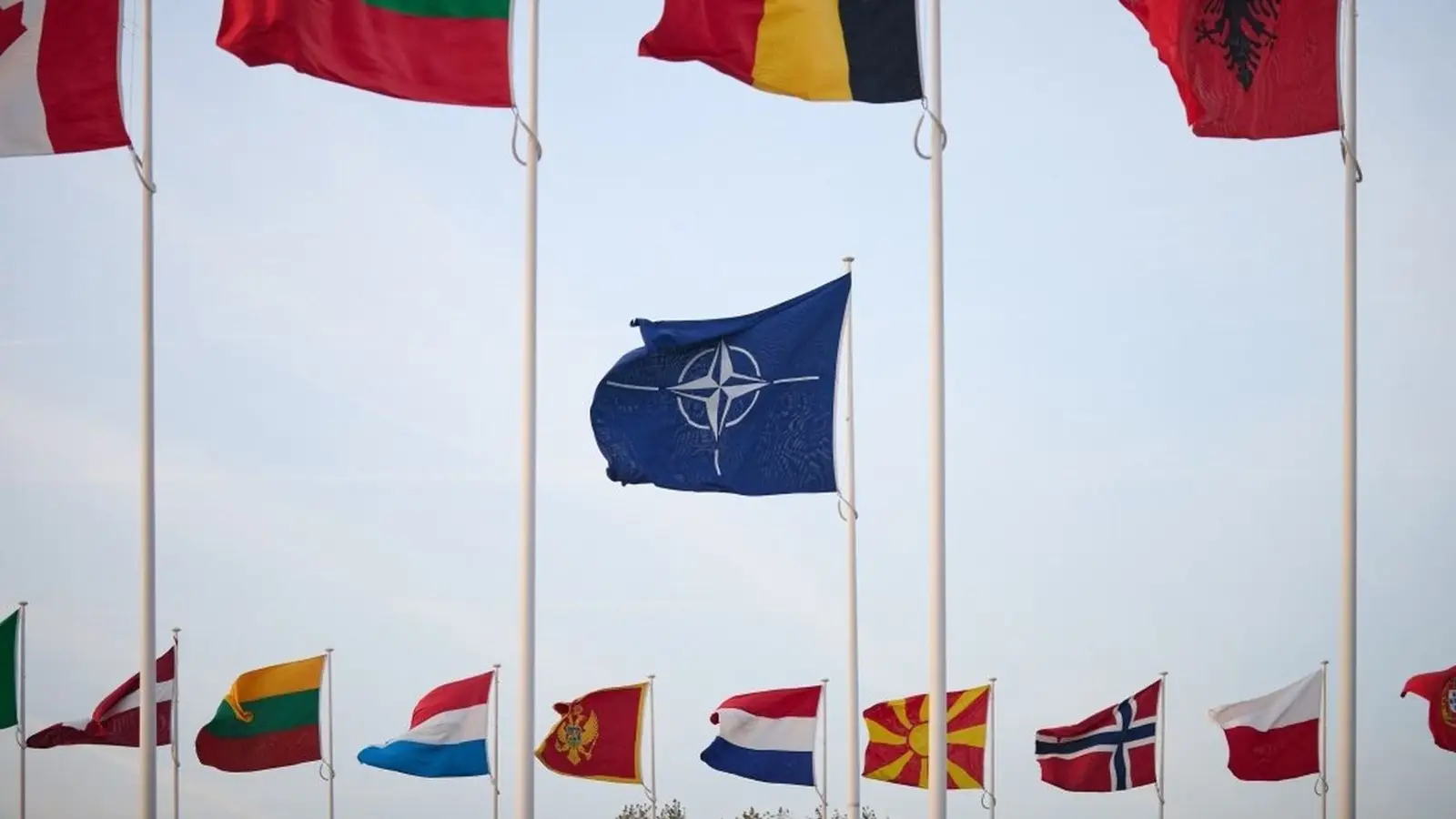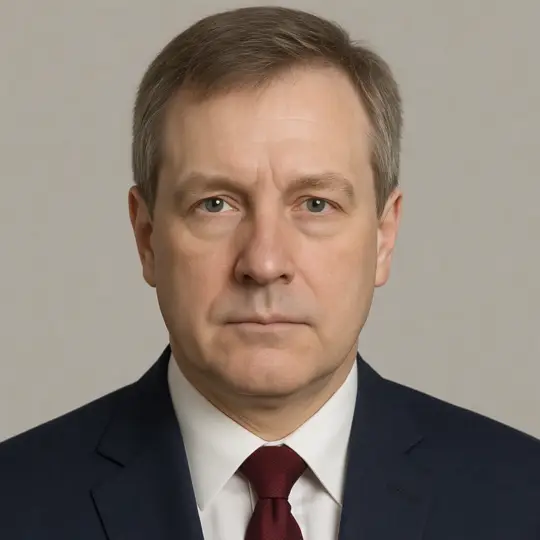Vasily Kashin Warns NATO Is Less Ready for Escalation Than Russia


Vasily Kashin says downing Russian planes could trigger dangerous escalation, urging NATO to follow procedures using fighter interceptors instead of lethal force.
The possible downing of Russian aircraft by NATO countries would lead to an escalation that Western states may be less prepared for than Russia, said Vasily Kashin, director of the Center for Comprehensive European and International Studies at HSE University.
Kashin argued that it would be better to agree on rules of conduct and remain calm, noting that minor technical violations, when they occur, are usually handled by sending fighter interceptors into the air or lodging diplomatic protests.
He stressed that if NATO countries choose the path of escalation, they must remember that due to the complex geography of borders, their own military aircraft also occasionally cross into foreign airspace.
Kashin pointed out that there are established procedures to prevent airspace violations, such as contacting the crew of the violating aircraft, dispatching fighter interceptors to escort it, and forcing it to leave the area. He emphasized that there is no established practice of shooting down intruding planes without warning.
Earlier, NATO Secretary General Mark Rutte stated that the alliance could begin shooting down Russian aircraft that threaten civilian infrastructure or the population of member states. EU diplomats later warned Russian representatives that NATO countries are prepared to shoot down Russian Air Force planes under the pretext of airspace violations.